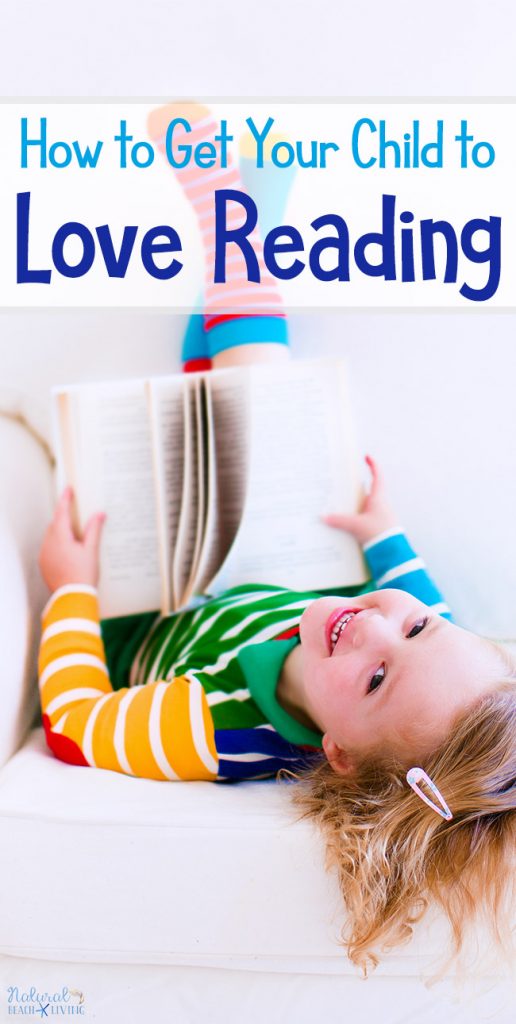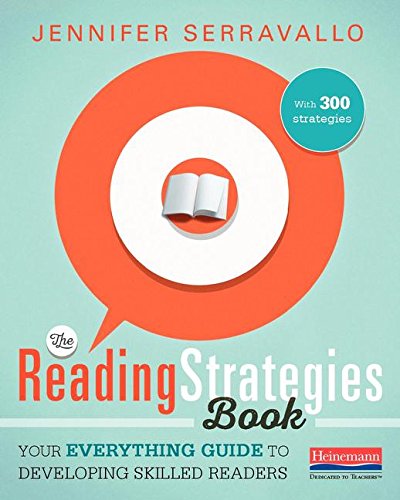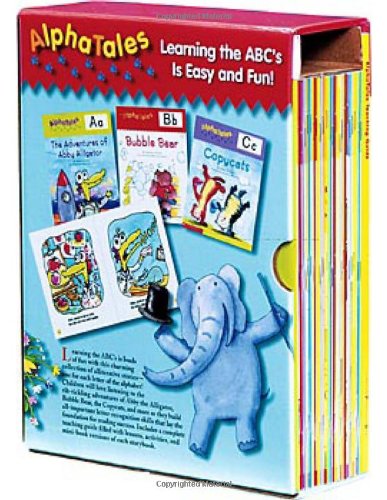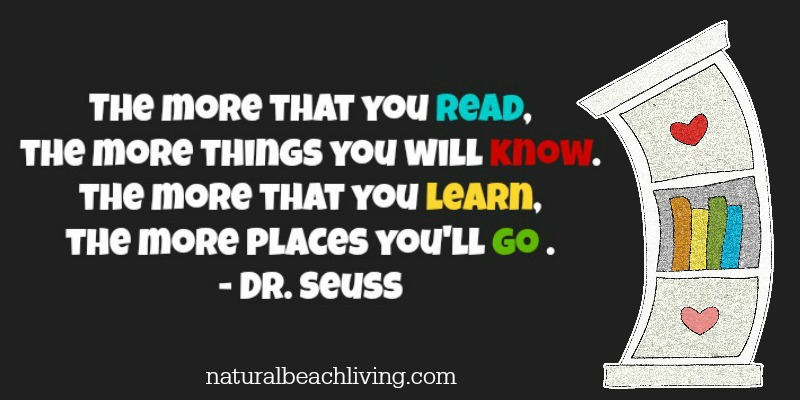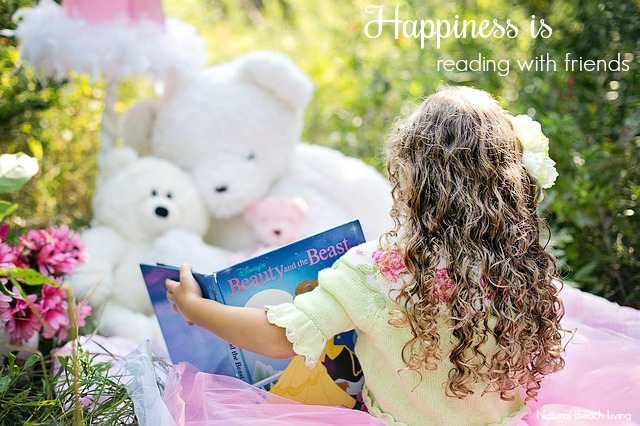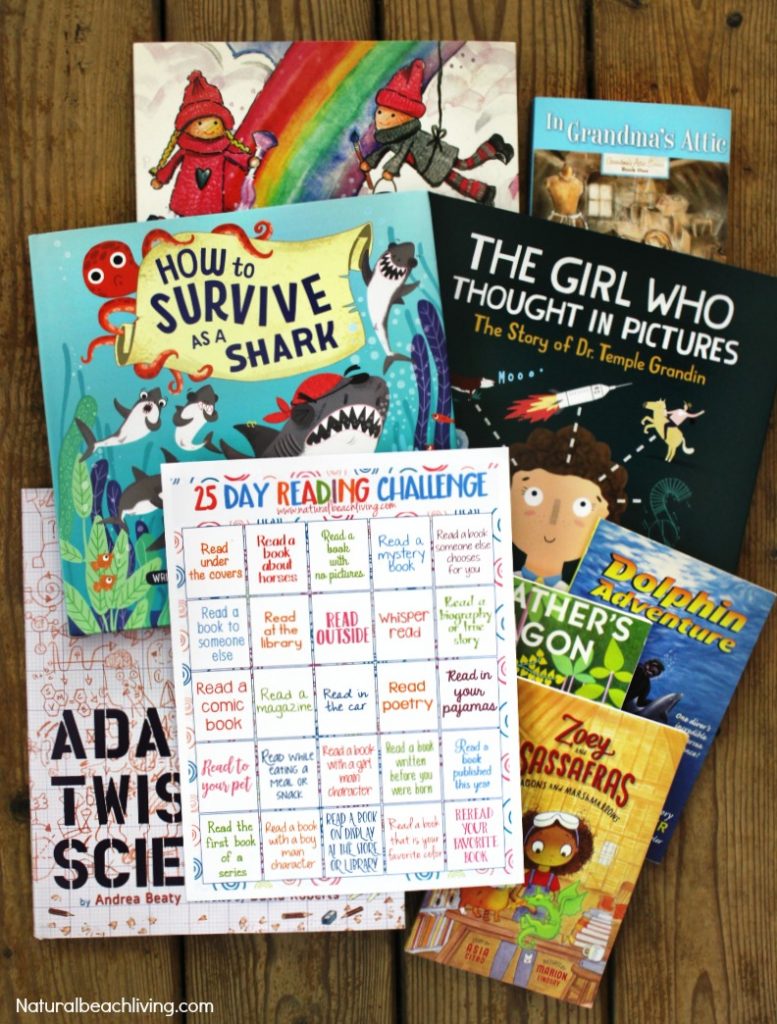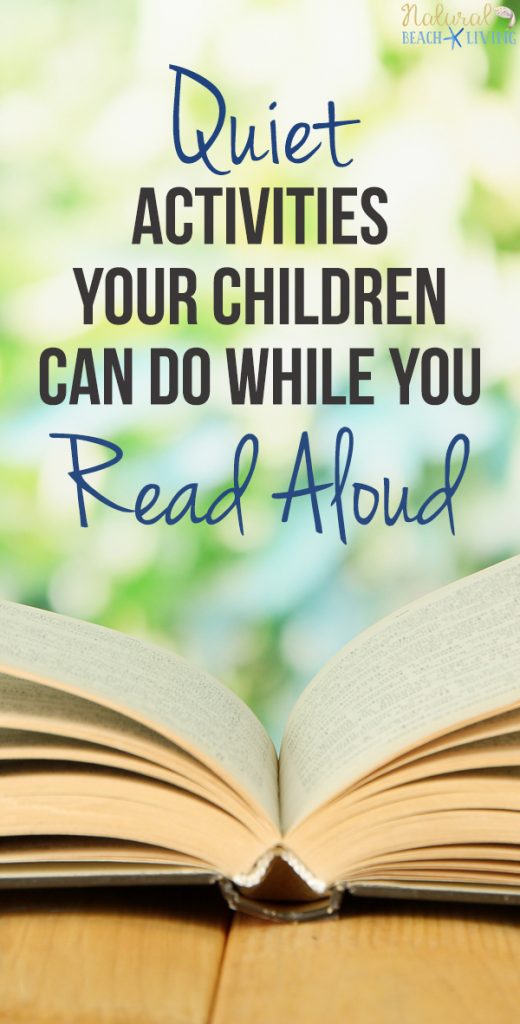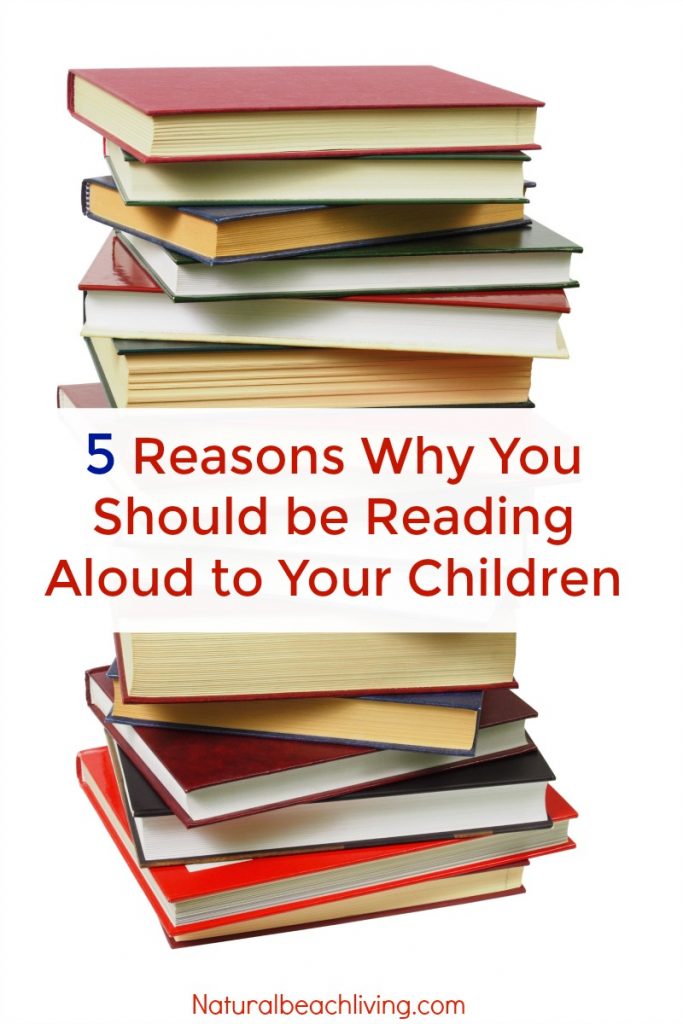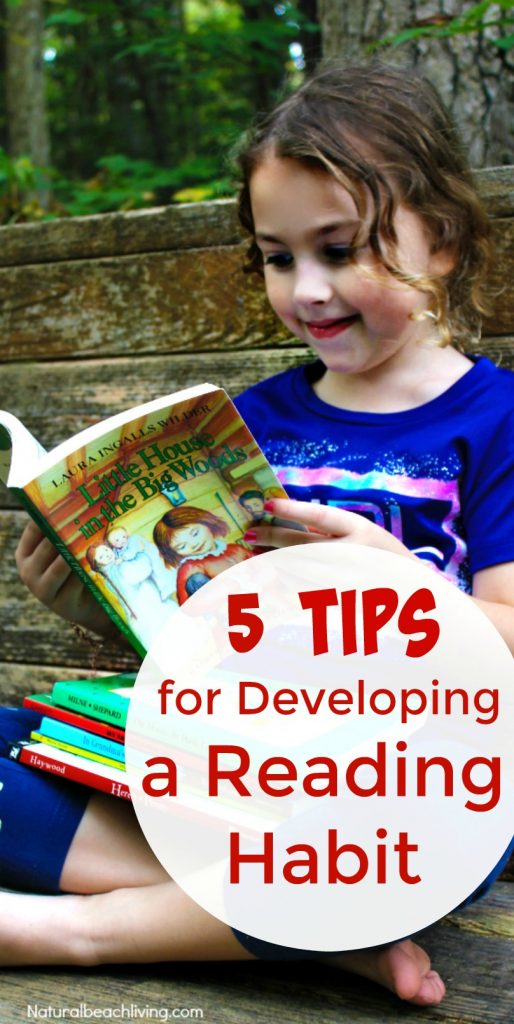How to Get Your Child to Love Reading
As someone who loves to read, it can be disappointing (and even frustrating) to have a child who doesn’t share your joy of reading. Hearing them say that they HATE reading can even break your heart a little bit. So, what do you do to turn things around? In other words, how do you get your children to love reading as much as you do? Plus, tips for reluctant readers.
How to Get Your Child to Love Reading
How to Get Your Child to Love Reading
The best thing to get your child to love reading is to start reading to them early.
Let them see you reading books and magazines. Remember children will more likely do what they see their parents doing as they grow up.
Make books readily available to your child. Keeping a nice home library for books that they can enjoy and get to easily is key.
Have a Read Aloud time every day. Make read-aloud time part of your homeschool day or family time, even for older children that can read themselves.
Reading Strategies if Your Child Doesn’t Want to Read
I believe that the first step in getting your children to love reading is to start reading with them. But if you’re just starting your reading adventure or your child isn’t a fan of reading, the next step is to understand why they dislike it. The answer to that question will guide the steps, you should take. So, my first piece of advice is to sit down with your children and have a conversation with them.
Avoid the temptation to make the conversation about you or to spout off all the reasons they should love reading. Right now, your goal is to get your children to talk about how he or she feels about reading. You may be surprised by what you learn when you take the time to listen.
The conversation can be as simple as “Hey! I’ve heard you say several times that you don’t like to read. I’d love to hear more about that. What about reading do you dislike?”. Or if you want to be more concise, ask “What is it about reading that you don’t like?”
You may find that your child doesn’t have a solid reason. Or they may have actual reasons.
Some common reasons you might hear from your kids are:
“It’s boring!”
“It hurts my eyes and gives me a headache.”
“I’m scared that if I read out loud, people will make fun of me.”
“It’s too hard!”
“I don’t like the books you (or their teachers) pick out for me.”
“I never understand what’s going on.”
“I read too slow!”
As you can see just from this, the reasons some kids don’t like to read can be highly varied. You may find that your children’s reading reluctance may be more than just a desire to be doing something else. It could hint at some pressing issues, such as needing reading glasses, having a possible learning disorder, needing to develop reading comprehension skills, a lack of self-confidence, or a simple lack of interest in the reading material presented to them thus far. In other words, your children may be a struggling reader, or they may be a reluctant reader. But the good news is all of these can be changed.
How to Help Struggling Readers
Although this topic is one that I can’t fully cover in one article, I’m going to try my best to give you a lot of great information and ideas.
Some ways to help struggling readers include:
Check out Beautiful Feet Books. They are AMAZING! It’s easy to promote a love for learning with Beautiful Feet Books and all of the different book options that they have to offer.
“It Gives Me a Headache”
If your kids complain about having pain or headaches while reading, there are a few things you can do. They may have light sensitivity, which can make reading certain combinations of ink on paper difficult. For example, it can be hard to read from glossy paper or black letters on white paper. In this case, your children may benefit from vision therapy or try reading different types of books. Another option, of course, is to schedule an appointment with an optometrist to determine if perhaps reading (or prescription) glasses would be helpful.
“I Read Too Slow”
If your children complain or worry about reading too slow, encourage them to read at their own pace and to not worry about how quickly anyone else is reading. Let them know that it is ok to move slowly and to focus on understanding what they are reading. Their goal is not to race with their peers – it’s just to enjoy books. Plus, share with them that the more they read the better they will get at reading.
“I’m Scared to Read Aloud”
If they say, they are afraid to read out loud, make it optional rather than mandatory or give them the chance to read to a younger sibling or grandparent. When your family has storytime give your child the option to read aloud to you, one-on-one, or take turns reading pages in the book.
Work with your children individually until they develop more confidence in their reading abilities.
“I Get Lost”
If they say they get lost easily or don’t understand what they are reading (which can happen even if they are not proficient readers), tell them that it’s ok to take their time with each paragraph and to even go back if they need to. There’s nothing wrong with rereading pages or even chapters. Once the book comes alive to your child in their mind they will love reading the book. So feel free to backtrack until they get a full picture.
“It’s Too Hard”
Let your child know that there are lots of people that think reading is hard and a lot of things people can struggle to learn. But the key is to never quit and always keep trying. Getting recommendations for books, programs, or other resources that you and your children can use to help them practice their reading skills and gain confidence in the process will help tremendously.
If you need a good reading program click over to All About Reading. All About Reading is a fun engaging program that has everything your child needs to become a fluent reader.
Ask Their Pediatrician for Input – I only suggest doing this after 9-10 years old.
If you are still concerned about your children’s struggle to read, it could be worth it to talk to their physician or pediatrician. Depending on your concerns, they may recommend testing to see if there may be a medical reason behind their difficulties.
Again I only recommend this for older children, because some kids don’t grasp reading until they are 9 or 10 years old. Pushing children to read early can only frustrate them or get them to hate reading altogether.
How to Help Reluctant Readers
When it comes to helping reluctant leaders, the approach is bit different.
If your children respond that they dislike reading because they don’t like the books that you (or their teachers) choose, hit up your local library or bookstore to show them that there are books on a wide variety of topics.
You can even find recommendations online based on topics you know they love. Keep trying until they find something that makes their eyes light up. You can give them money to pick a book, take them to the bookstore, and tell them that they can pick out anything in that price range.
You can also ask for fun book suggestions from librarians, bookstore employees, teachers, and your friends.
More Ways to Get Your Child to Love Reading
If your children respond that reading is boring, make an extra effort to make it fun. One thing you can do is pick out visually appealing books, such as comic books and graphic novels. Kids love them! Another fun activity is to read a book that has a movie coming to theaters soon (or that has a movie already on DVD). Let your children watch the trailer, show them the book, and share that once you finish reading the book, you’re going to have a movie night. That could get them excited to read the book.
We love having family movie nights for books that we’ve recently read. We’ve done everything from Curious George to Mr. Poppers Penguins and so many more. I’m patiently waiting for my children to be old enough for The Book Theif (but we still have a few years to go).
Start a Book Club or Reading Challenge
You could also read a book related to an activity they enjoy. For example, if they love going horseback riding, read a book like Black Beauty. If your children keep a daily journal, introduce them to a mom and me journal. You can make reading into a game by creating a reading challenge, much like libraries do with their summer reading clubs.
Speaking of clubs, think about starting a junior book club in your home and invite your children’s friends to join in. They can choose the books they read and discuss while you provide the refreshments.
Kids book clubs or mom and me book clubs can be so much fun.
These are just a few ideas for how to get your child to love reading. I’d love to hear your thoughts or what reading strategies you try out. Feel free to leave a comment below.
YOU ARE ALSO GOING TO LOVE:
Studies have shown that if you like this, you will also love the following articles. I have pulled them together for you right here!


